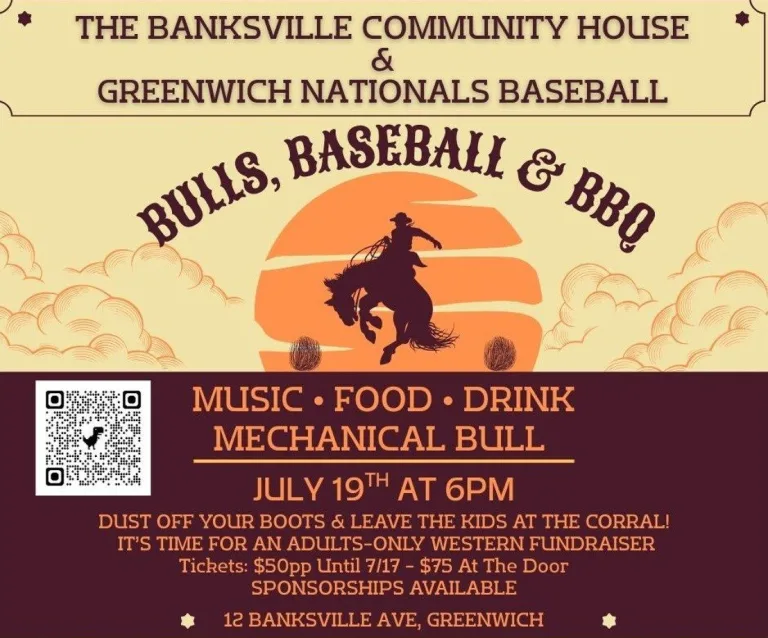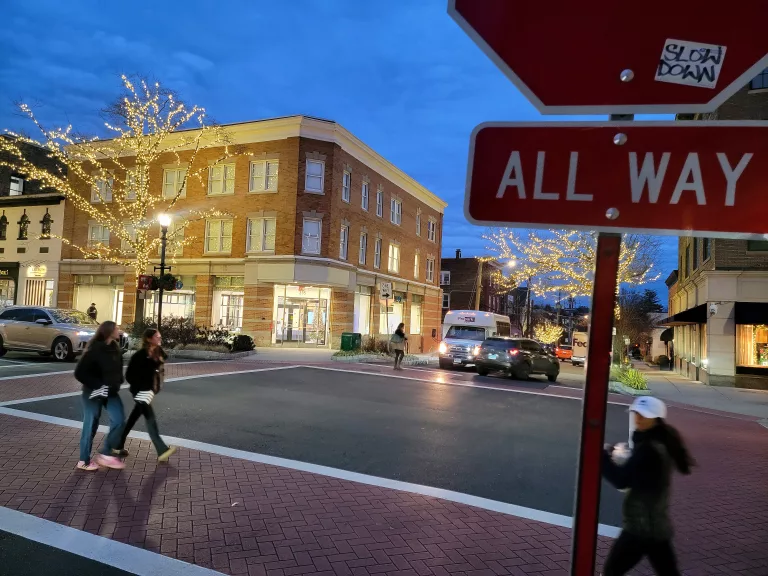Wilbur L. Cross was Governor of Connecticut from 1931 until 1939. He was also a literary critic and English Professor at Yale University. In 1936, during the height of the Great Depression, his issued the following Thanksgiving proclamation:
“Time out of mind at this turn of the seasons when the hardy oak leaves rustle in the wind and the frost gives a tang to the air and the dusk falls early and the friendly evenings lengthen under the heel of Orion, it has seemed good to our people to join together in praising the Creator and Preserver, who has brought us by a way that we did not know to the end of another year. In observance of this custom, I appoint Thursday, the twenty-sixth of November, as a day of Public Thanksgiving for the blessings that have been our common lot and have placed our beloved State with the favored regions of earth – for all the creature comforts; the yield of the soil that has fed us and the richer yield from labor of every kind that has sustained our lives – and for all those things as dear as breath to the body, that quicken man’s faith in manhood, that nourish and strengthen his spirit to do the great work still before him: for the brotherly word and act; for honor held above price; for steadfast courage and zeal in the long, long search after truth; for liberty and for justice freely granted by each to his fellow and so as freely enjoyed; and for the crowning glory and mercy of peace upon our land – that we may humbly take heart of these blessings as we gather once again with solemn and festive rites to keep our Harvest Home.”
Thanksgiving Day is more than eating too much turkey and watching too many football games, although we do not believe you can have an excess of either. This Thursday as we gather with family and friends, we give thanks. Or at least we say we do. But what are we giving thanks for? And what if we have no family or friends to gather with or no turkey for the table?
History tells us the American version of Thanksgiving began in 1621 when the Pilgrims invited the Wampanoag Indians to celebrate their first bountiful harvest. Unprepared for the harsh winter when they first arrived in 1620, most pilgrims remained onboard their tiny Mayflower and ate rations they had brought with them. Of the original 102 passengers, only half survived. The following spring the Wampanoags had helped the new settlers learn how to grow corn, what plants were poisonous, and how best to hunt and fish. It is easy to understand that once they had gathered and stored their crops and provisions for the coming winter, they would want to celebrate and give thanks.
You cannot look at the history of Thanksgiving without acknowledging that there has always been a religious aspect to it. In the American tradition it began as a way to thank God for His blessing and bountiful harvest. But there has been a thankfulness for a successful harvest, with the Egyptians and Romans thanking their gods, with the ancient Jewish harvest festival of Sukkot – and those Native Americans were celebrating long before we arrived.
President Lincoln at the height of the Civil War in 1863 issued a proclamation that established a national day of Thanksgiving. Prior to 1863, mostly northern states and New England celebrated Thanksgiving when they wished. Since President Lincoln’s proclamation Thanksgiving Day has been about feasting and celebrations. Interestingly, President John Adams’ proclamations called for fasting and humiliation. We are glad this ended in 1799 and does not jeopardize our mashed potatoes and football.
On Thursday when we gather, we give thanks, but we don’t often identify who we give thanks to. We have become overly sensitive to being politically correct where the holidays are concerned to ensure we do not offend anyone. As one noted religious leader in town commented, it is hard to take the theology out of Thanksgiving regardless of what religion you are or even if you do not believe in religion. Pagans would celebrate their harvest during the full moon in October. They may not have been giving thanks to God, but they were thankful to something.
The Greenwich Sentinel wishes you all a peaceful Thanksgiving Day.





